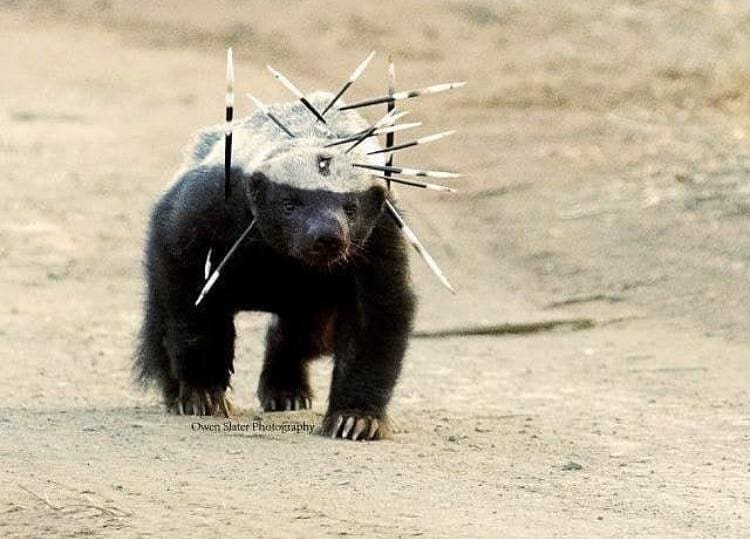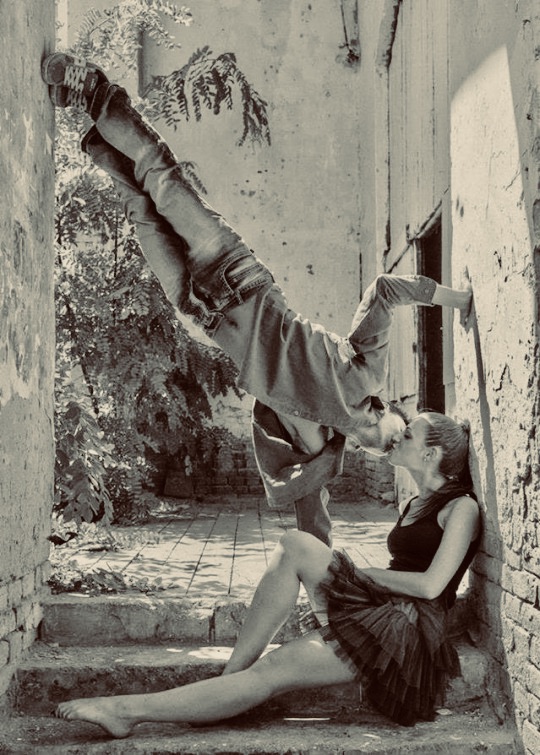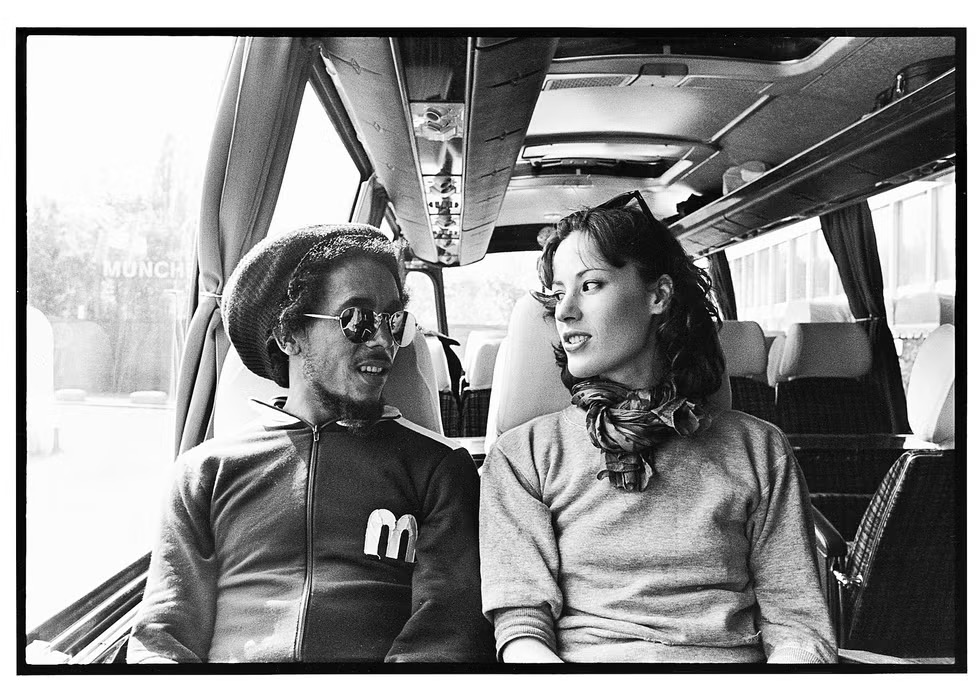
illuminate your own buddha nature from within
Do you find
your spiritual practice
pitiful and wanting? If buddha
were before you, would you
be ashamed, afraid,
shy, small?
Wake up!
The truth too large
for words is that the buddha
is closer to you than that:
you are the buddha
now.
This entire world is
just for you. All the teaching in this
world is only for you. Accept this without
further thought of whether you are good or bad
and be responsible to it. This is the spirit you
must bring to everything that you do.
Be the buddha now.
i ching / hexagram 4 ☯️ mêng / youthful folly

You
can now buy
Wei wu Wei Ching as part of a
five-app bundle of Taoist classics
for iPhone or iPad for less than
the cost of one hardcover
book.



